What Is Product-Led SEO?
Product-led SEO has the potential to significantly increase organic traffic and revenue if executed strategically for the right company. Unlike traditional SEO tactics, product-led SEO involves using data sets that don’t include keyword research to inform SEO strategy.
In his book “Product-Led SEO,” Eli Schwartz explores leveraging products as the primary driver for organic search growth rather than traditional keyword-researched content strategies. Schwartz emphasizes that by focusing on building great products or product experiences online, businesses can naturally attract and retain users.
Table of Contents
This approach contrasts with the standard SEO models of churning out vast amounts of content in hopes of ranking on search engines. Product-led SEO posits that when users find genuine value in a product-oriented experience, they engage more deeply and become natural advocates, leading to organic backlinks and positive user signals. This strategy, therefore, promotes sustainable organic growth anchored in user satisfaction and product excellence.
Real-World Success: Analyzing Product-Led SEO in Action
Numerous examples of product-led SEO strategies that have been implemented successfully exist, many of which have helped turn businesses into multi-billion dollar operations.
Zillow
Zillow is one of the best examples of product-led SEO success. Using programmatic methods, Zillow created a landing page for every address in the United States and Canada. Instead of getting pigeonholed into a keyword-driven strategy, Zillow considered the type of product most valuable for end users.
They built their pages at scale using public data sets and currently receive an estimated 58 million monthly organic traffic sessions. Zillow’s current market cap is 12.72 billion dollars, built on the backbone of a non-keyword research SEO strategy.
Zapier
Zapier is an online automation tool that connects apps such as Gmail, Slack, Mailchimp, and over 3,000 others. You can connect apps to automate tasks without development work to create the integration. The platform is widely used to implement automated processes, saving time and reducing the need for tedious tasks.
They’ve built landing pages for every app they integrate, which businesses can implement. For example, their Gmail integration landing page currently receives 87,500 monthly organic traffic sessions.
In addition to their integration landing pages, they have also created blog content on many of the software they have integrations for, so they can seamlessly integrate their product into their content about other company’s products.
This product-led SEO strategy has skyrocketed Zapier’s organic traffic, receiving an estimated 6.3 million monthly organic visitors. Zapier is valued at 5 billion dollars.
Figma
Figma is cloud-based design and prototyping software known for its ease of use and collaborative capabilities. Teams can work on design projects in real time, and it has a robust set of features, which makes it a go-to choice for many in the digital design profession. Figma is the primary prototyping tool we use at Growth Skills to help streamline the website design process for our clients.
Figma has utilized user-generated content to increase organic traffic to 4.6 million per month over the past few years. They’ve created a community section on their website for users to share or sell their design templates, creating high-value product-led organic traffic at scale. The company is currently worth between $8.3 and $9 billion.
Crafting Your Blue Ocean Product-Led SEO Strategy
Creating a successful product-led SEO strategy often starts with identifying a blue ocean opportunity, meaning finding a product market fit that has yet to be tapped into by anyone else in a meaningful manner. Finding blue ocean opportunities can be challenging, but that’s why the payoff can be significant. It’s self-evident why keyword research won’t be the backbone of your product-led SEO strategy or help you identify a blue ocean opportunity. If there is search volume for a specific product-market fit, then it’s probable that someone has already capitalized on the opportunity.
A “Blue Ocean” opportunity in the context of product-led SEO strategy refers to exploring and capturing entirely new market spaces or creating new demand in a way that makes the competition irrelevant. This idea stems from the “Blue Ocean Strategy,” a theory presented by W. Chan Kim and Renée Mauborgne in their book. The strategy contrasts with the “Red Ocean,” representing all the existing industries where companies try to outperform their rivals to grab a greater share of existing demand. Most SEO strategies companies pursue today fall under the red ocean category.
In a blue ocean context for businesses and specifically within a product-led SEO strategy, this means:
- Identify Untapped Market Spaces: Discover and target niche or audience segments currently underserved or not served at all by competitors. This involves deep market research and understanding customer pain points that still need to be addressed yet to be exploited.
- Create Value Innovation: Develop products or features that solve problems in a unique way that hasn’t been done before, combining innovation and value. In terms of SEO, this could mean creating unique, valuable content that addresses users’ queries in new ways or developing tools and resources that meet users’ needs more effectively than anything else.
- Product-Led Growth: Leverage the product as the primary means of acquiring, activating, and retaining customers. In the SEO context, this involves ensuring the product is designed with discoverability in mind from the start. It could include integrating SEO-friendly features directly into the product, such as shareable content, built-in tools for generating user-generated content, or other elements that naturally boost the product’s visibility in search engines.
- Holistic SEO Integration: Embedding SEO considerations into product development processes from the very beginning ensures that the product not only effectively serves its intended purpose but is also optimized for search visibility, capturing organic traffic through strategic keyword targeting, content creation, and technical SEO best practices.
By focusing on blue ocean opportunities, businesses can effectively create and dominate new niches, reducing direct competition and focusing on growth through innovation. A product-led SEO strategy means closely aligning product development and SEO efforts to tap into new markets and customer needs, driving organic growth through search visibility of unique and differentiated offerings.
The Future of SEO is Product-Led
The search engine space is rapidly evolving. Google is currently testing a new AI-driven search engine model called Search Generative Experience (SGE) that will likely go live sometime in 2024.
With SGE on the horizon, the significance of product-led SEO becomes even more pronounced. SGE aims to deliver a more personalized, engaging, and efficient search experience by generating results tailored to users’ needs. In this SGE era, merely producing voluminous content backed by keyword research won’t suffice. Instead, businesses that identify blue ocean opportunities and create products with organic discoverability in mind will dominate when SGE is rolled out to the public.
Some incredibly innovative and lucrative companies are built on the foundation of a product-led SEO strategy. Entrepreneurs, executives, and marketing teams can learn from companies that have done it successfully and pursue a blue ocean opportunity with SEO in mind. Businesses can be successful in the future with SEO in the generative AI search engine era if they consider using product-led strategies to provide real and unique value to their customers.



